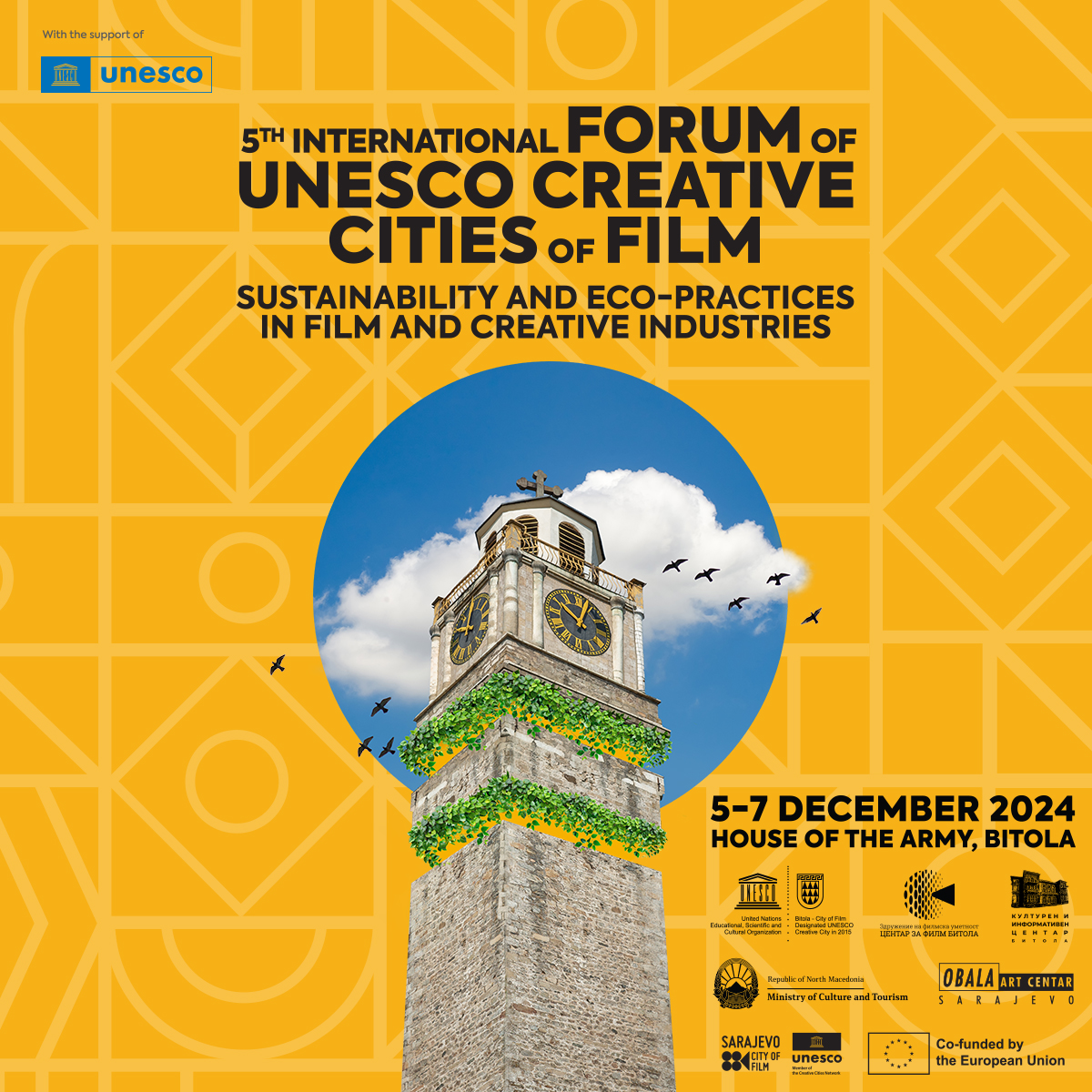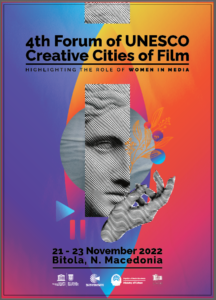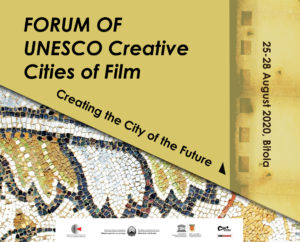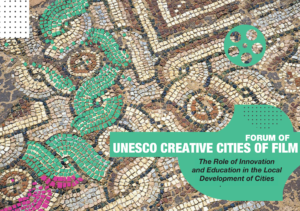Culture and creativity have increasingly been recognized as a key to sustainable urban development. Cities have evolved into living laboratories, devising actions and policies that further leverage the impact of creativity to make cities better places to live and improve people’s lives. The UNESCO Film Cities Network stretch across the entire world, from Japan to South America, bringing together this international and prosperous sector, encouraging partnerships and the exchange of ideas. Each film city carries a unique cinematic heritage defined by the different histories of the cities themselves, the great minds that inhabit or originate from them, and the inspirational innovators who created cinema and paved the way for today’s moving images.
The designated UNESCO Film Cities share similar characteristics: important cinema-related infrastructure, such as film studios and film landscapes/environments; continuous or proven connections to film production, distribution, and commercialization. The film cities work together to achieve a common goal: putting green solutions in film and creative cultural industries at the heart of local engagement for responsible urban communities and prioritizing cross-border cultural collaboration towards sustainable development. The network aims to stimulate international cooperation, especially with other member cities, highlighting environmental and social sustainability in Film and Creative industries as a driving force for sustainable urban development, social inclusion, and cultural radiance.
Considering these priorities and the fact that film and television productions account for significant carbon dioxide emissions, the film cities have come together to address carbon footprint reduction within the film and creative industries and to support productions to achieve greater environmental sustainability. The film industry impacts on the environment through many areas with key ones being transport, waste, catering and energy. The film industry is a successful driver for growth across countries and an important contributor to the creative industries within the country’s economy. While sustainable filmmaking initiatives are on the rise in some of the UNESCO Creative Cities of Film, there is still progress to be made in terms of widespread adoption and standardization of practices. Challenges such as budget constraints, lack of awareness, and logistical hurdles can hinder the implementation of sustainable practices across the industry. Studies show that the audiovisual sector contributes substantially to carbon emissions. For example, a single high-budget film can produce up to 2,840 metric tons of CO2.
The 2030 Agenda for Sustainable Development adopted by the international community in September 2015 underlines the importance of culture and creativity as a driver of urban and sustainable development of cities. In particular, Goal 11 which states “Make cities inclusive, safe, resilient and sustainable”. In this regard, the Creative Cities Network, of which Bitola is now a member, will continue to be key to contributing to the implementation of this international agenda.
Considering all above mentioned and in continuation to the networking between the member cities of the UNESCO Creative Cities network, Film Center Bitola is organizing the 5th International UNESCO Creative Cities Forum with a focus on Sustainability and Eco-practices in Film and Creative Industries from 5th to 7th December 2024 in Bitola. The event will reconnect cities from the UNESCO Creative Film Cities network to advance their partnerships by commitment towards eco practices, as well as the exchange of future new ideas and collaborations in the direction of building inclusive, safe, resilient and sustainable cities. The Forum will serve as a steppingstone in the acceleration of the socio-cultural, socio-economic and technological transformation of the city of Bitola.





